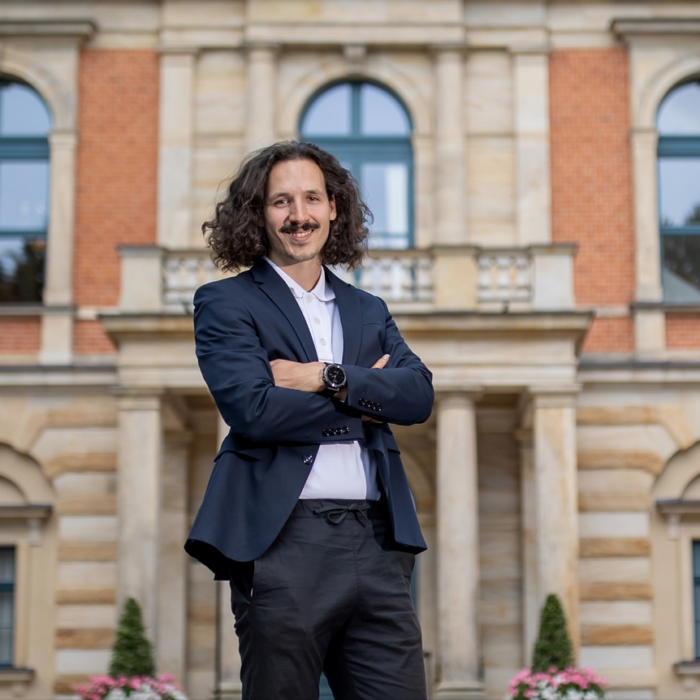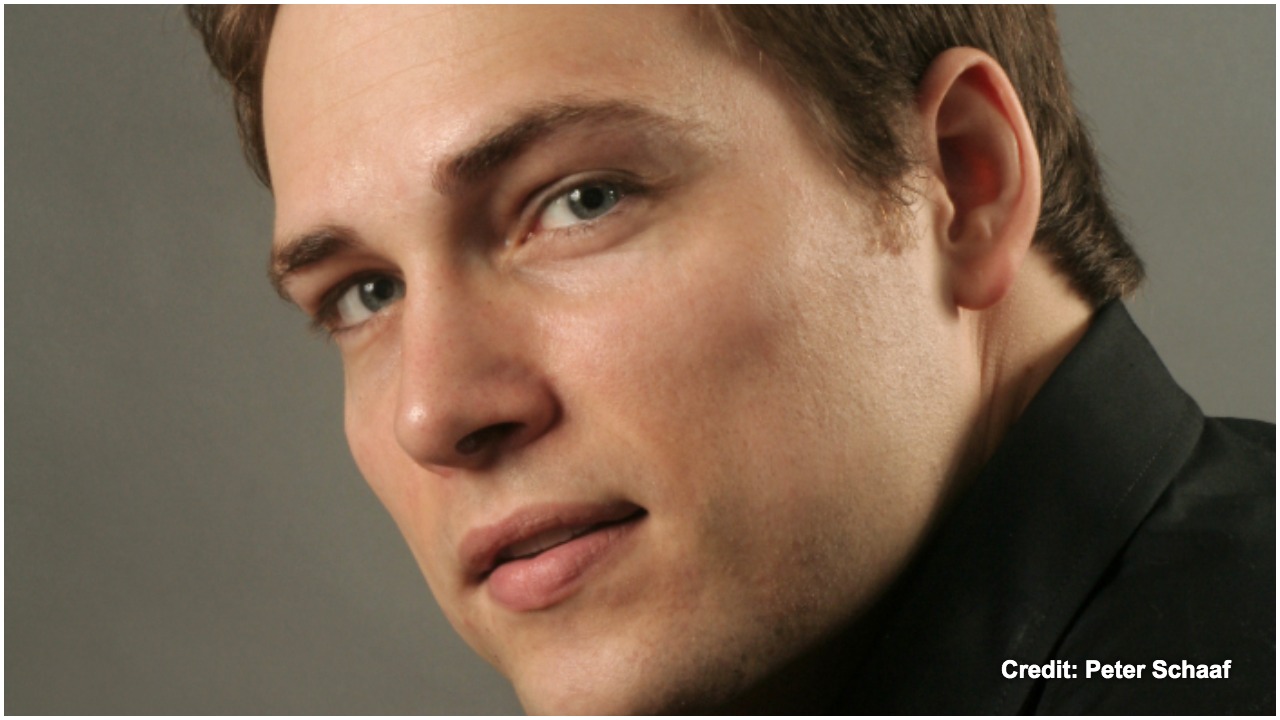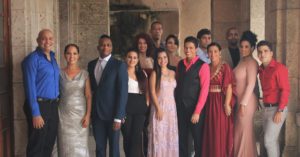
Q & A : Conductor Marlon Daniel on Developing Young Talent in Cuba through his New Discovery Opera Project
By David SalazarIn most countries around the world, once you leave the conservatory setting, you have a number of options through which you can build your career. Whether it be working with independent companies, engaging with young artist programs, or even doing residencies, there are options, albeit competitive ones, available to the burgeoning opera artist. In some countries, there are even the means to create your own projects, start your companies, put on your own performances and build your career in that manner.
But not in Cuba. When conductor Marlon Daniel headed to the Festival Mozart-Habana 2021 to lead a performance of Mozart’s “Don Giovanni,” he was struck by something he hadn’t encountered before.
“In Cuba there are no vocal young artist programs like in the U.S. or Europe. It’s the school or the opera and no in between,” Daniel, who is also the founder of Festival International de Music Saint-Georges in Guadaloupe and the first conductor to lead a performance of the composer’s long-lost opera “L’Amant Anonyme” in over 230 years, told OperaWire.
He noted that even when he was running the audition process, he was told that the experience was beyond what anyone had ever experienced. A lot of the development aspects of the production process were also limited.
This prompted him to seek out a solution that would serve young Cuban artists and help them build their careers in their own country.
And thus, the Discovery Opera Project was born.
OperaWire recently spoke to Daniel about the creation of the project, what he’s learned about working in Cuba, the ups and downs of creating a new venture during COVID-19, losing a major collaborator to the deadly virus, and his future plans for the “Discovery Opera Project.”
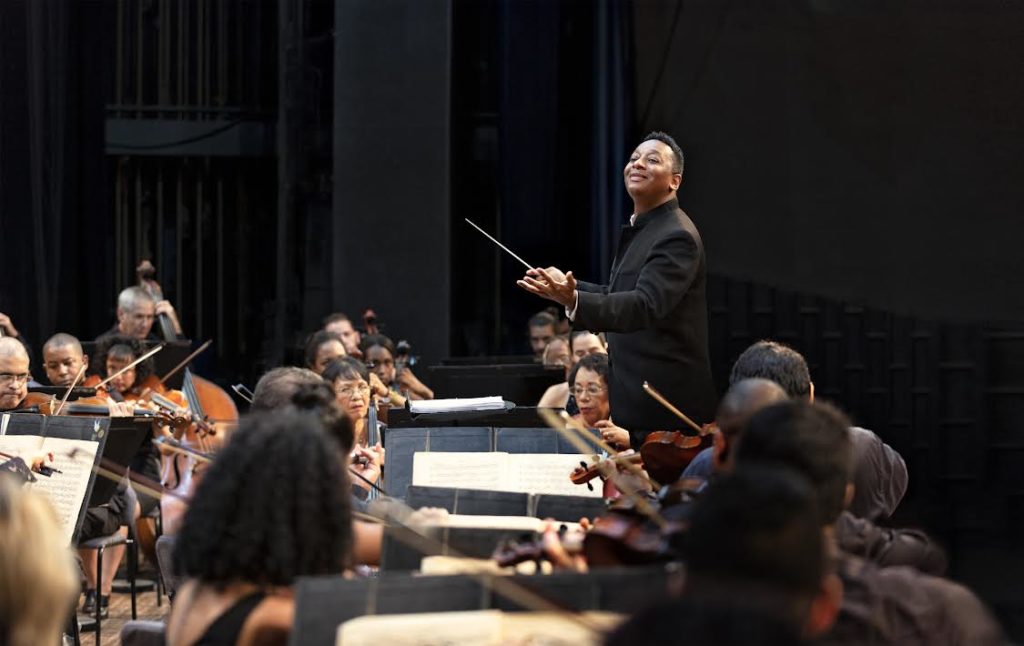
OperaWire: What inspired you to create this Discovery Opera Project?
Marlon Daniel: Discovery Opera Project was created rather organically. I was hired to conduct Mozart’s Don Giovanni for Cuba’s prestigious Festival Mozart-Habana 2021. Since many of the singers from the National Opera were already involved in another opera at the same festival, we decided to do a national audition for new singers.
What we discovered was that there is an abundance of vocal talent in Cuba, not necessarily all well known or following the standard path to the Teatro Lírico Nacional de Cuba, an organization I respect, love and also will be working with this season.
OW: How did you become involved with the project and what will be your role in developing the young artists?
MD: Since I will be the conductor for “Don Giovanni” at the Mozart Festival with the Havana Lyceum Orchestra, it was quite natural for me to be involved in the entire process. I knew I needed help too; so, I turned to the Mozart Festival’s director, Ulises Hernández, and the Havana Lyceum Orchestra’s director, José Antonio Méndez Padrón, to suggest possible collaborators.
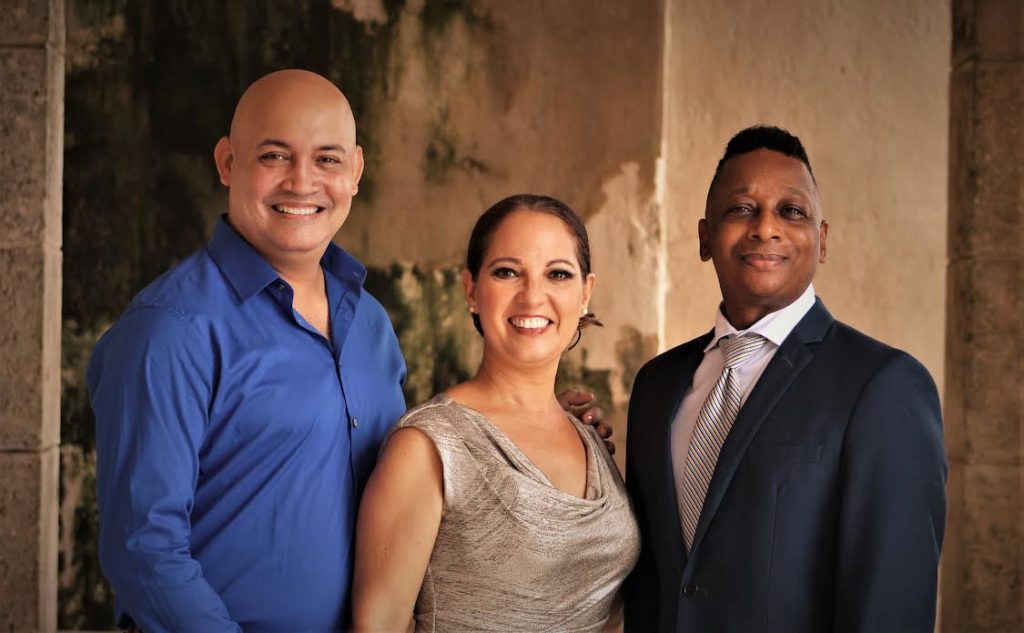
Daniel with Ubail Zamora and Ivette Betancourt
OW: Who are your major collaborators on this project?
MD: I chose Ubail Zamora and Ivette Betancourt who are both professors at the University of the Arts (ISA). I really felt after a couple of meetings that I had the right team for this undertaking. Truly a dynamic duo, they were both knowledgeable, creative, and kind.
Most importantly they, like myself, wanted to provide more opera education and experience to singers at various levels in their career, especially at this troubled time in the world.
OW: What are some of the greatest challenges that you have faced in pulling this off?
MD: For us the greatest challenge was navigating the COVID protocols in Cuba and being compliant. We discovered some great talent in Holguín but they cannot leave their province to come to a live audition. Even though we were creative with Zoom, the fact was they could not leave, so they could not travel to participate. There is a lot of talent in Holguín province with a strong vocal teacher, María Dolores Rodríguez, who sent us several singers.
Unfortunately, she died of COVID; we were shocked and saddened by her death and hope that in the future we can engage some of her students to continue her legacy.
OW: Let’s talk about the auditions. What was that like and what were some of your major goals in approaching this process?
MD: We put ads throughout the university/conservatory system and used social media to get the word out. This attracted a large range of talent. We had no age or education restrictions. We did, however, require the same audition material for each role to be filled. One could even audition for multiple roles. We were amazed; there were so many hidden gems of voices that we would not have found without this open call. In fact, some people I have already ear-marked for future projects.
It was important to me that this was a true open audition and that we did not discriminate on age, race, disability, or any other factor. The voice was ultimately what mattered to us. This allowed me to hear some talents that have been discarded for various reasons. For example, I remember an older soprano namedDayami Pérezthat auditioned for Donna Elvira who sang with so much passion, I hope I can cast her in for a future project. We were also able to find and cast Reinaldo Cobas Merino, a fantastic baritone who is legally blind, in the title role of Don Giovanni.
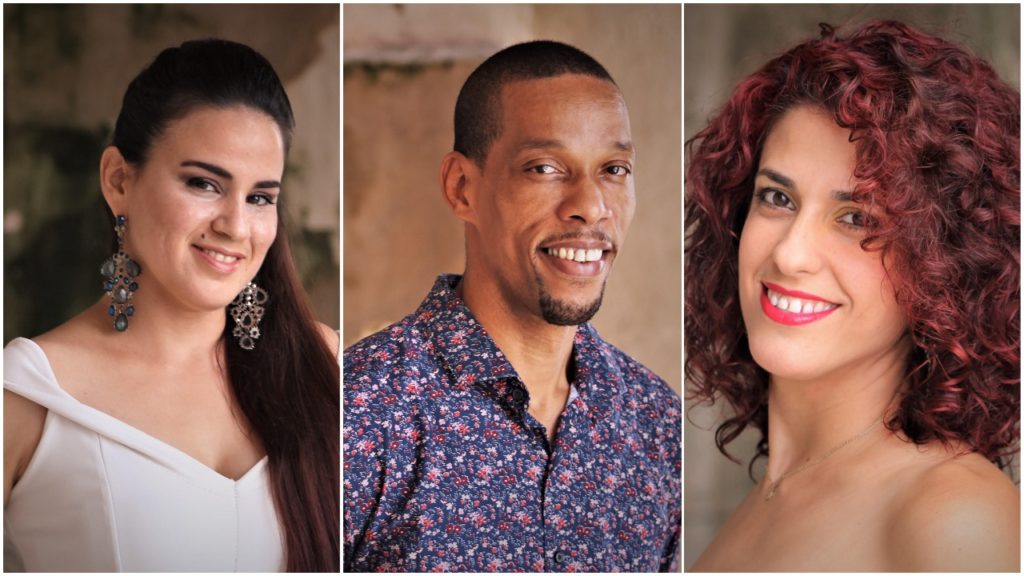
OW: What surprised you most about the singers and their experiences as professionals to that point?
MD: What was most apparent to me was the strength of the soprano voices in Cuba. Two particularly stood out immediately during auditions: Dayri Llanes Díaz and Anyelín Díaz Oviedo, who sounds like a young Guberova. I’m sure both would already have careers outside of Cuba.
OW: You chose “Don Giovanni” as the first opera to showcase with this program. Why was that work the best one to launch this project?
MD: Mozart’s “Don Giovanni” is a masterpiece. Like all Mozart, it is a great showcase for vocal technique, and it uses a variety of voice types. We were able to mostly double cast the performances and so use more singers.
OW:“Rigoletto” and “The Abduction of the Seraglio” are among those that are in plans for the future. What makes those works ideal for this program?
MD: This first group of singers influenced our other opera selections. What we could do with the vocal talent we readily had available was obvious. I knew I wanted to do something with a fantastic Bass who auditioned: Marcos Lima. Already a seasoned singer there are few roles for his voice. So, I thought “let’s use what we have.” He would be an incredible Osmin in Mozart’s “Abduction” and Sparafucile in Verdi’s “Rigoletto.”
I also have plans to bring Guest Artists as collaborators, both on and off the stage. This year we have internationally renowned baritone Stephen Salters. I’m still trying to convince him to not only teach and advise, but also play the title role in “Rigoletto.” This would be fantastic!
OW: What has working in Cuba taught you as an artist? What has surprised you about the young talent you are engaging with?
OW: Look forward, do you think this project will only focus on Cuba or do you think there’s an opportunity for it to expand globally into other countries that might not have as developed an opera industry?
My immediate goal is to create a bridge to Teatro Lírico Nacional de Cuba and other organizations outside Cuba. Maybe in the future organizations from abroad will also offer opportunities to these singers.
OW: As we wrap things up, what do you hope that this experience will provide for participants?
MD: I am hoping that they see there is a whole world of singing opportunities and that there are people like me and my colleagues to help in any way we can, regardless of the seemingly limited situation.
OW: And what about for you personally? What do you hope to take away from this project?
MD: With this experience, I personally want to make myself a better musician, organizer, and teacher so that I can help nurture more of these vocal talents in Cuba.
